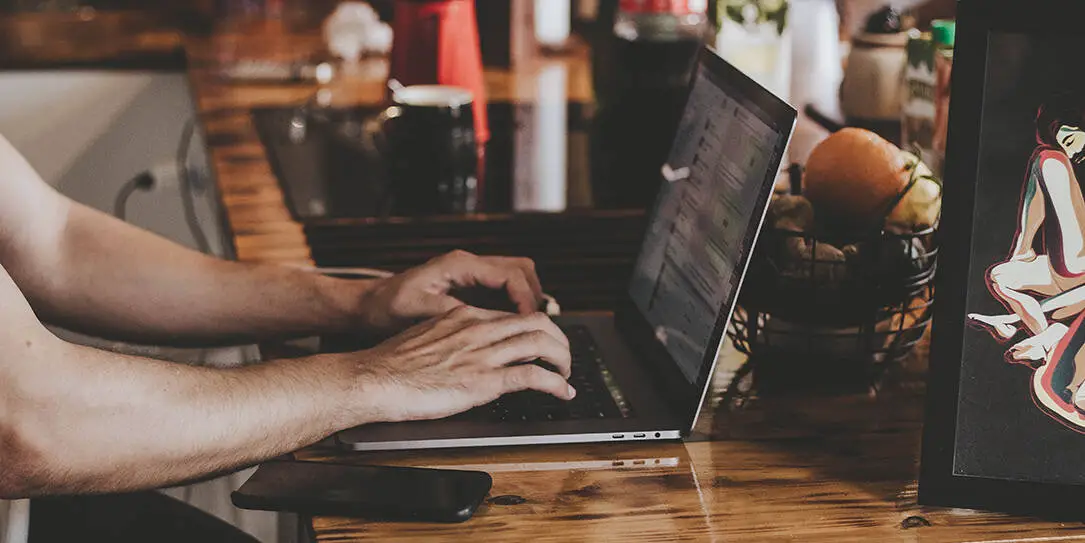The world of the internet can be awfully daunting sometimes. With so much shady stuff floating around on the web, almost every person wants to be on the safer side. Yet, it’s hard to guarantee 100% safety. There are tools that could help people transcend geographical blocks, breaching someone’s privacy and what not?
There are good guys on the internet too which could provide you with a significant level of safety. VPN’s are one of them. Although it sounds like rocket science and a lot of money invested, it’s not really as elusive as its name suggests and in fact, there are myriad of free VPN services available on the web.
So, what the heck is VPN and why does everybody keep talking about it?
First, let’s get the name clear, VPN stands for Virtual Private Network. It helps you with a lot of stuff but for the most basic part, understand that it keeps your data safe to some limit and hides your location or changes it.
Now, let’s talk about data security. Put a hand on your heart and say out loud that your data is fully secured. Can you? Good for you if you can but when your data traverses in the internet jungle, you can’t really be absolutely certain about its security.
Your data goes past different servers on the internet when you browse. Different servers exchange it and there are mild chances (to put it lightly) for someone to be interested in your precious information.

Well, what’s the harm anyway? You’re just reading a blog on the internet, filling out a few forms and then making a few money transactions. No harm, right? You can see where this is going and why you need to be a little more cautious then you usually are.
With the likes of Honeypot attacks, Firesheep, Wi-Fi spoofing being such a common occurrence these days, the first thing that you shall be wary of should be the open Wi-Fi services that you consume at places like Cafés. These could put your valuable data into jeopardy absolutely cold turkey and could even cost you your job.
But it’s a different story when you connect through a VPN. You first connect through public internet through your ISP and then your VPN client software initiates a VPN connection. The software of the client grants you remote access and that is pretty much it. Debunked?
You could also see the whole thing like the VPN client letting your information go through a defined tunnel instead of it being exposed to the fullest. Just like you sending a gift to someone through a friend and making your identity anonymous.
Now, there are a lot of things one can do with a VPN. Let’s have a look at some of the most common reasons why people use a VPN.
Encryption of data
You don’t have to be a multi-millionaire to live with the realisation that your data is important. Your information is precious and you should always be wary of it being well-distant from any fishy business—at least your sensitive information if not all the data.
Although the word encryption might draw a high-powered tech image in your head, you don’t really have to put enough stress in understanding it. You just have to know that encryption adds a level of safety to your data and just in case someone tries to interrupt your connection (in the worst case), your data would remain unscathed.
Protection of your IP
This is 2019 and people clearly don’t like someone keeping track of their online activities. With the onset of GDPR and its likes, people feel more empowered and vigilant about their data’s security. You can use another search engine like DuckDuckGo if you don’t want Google to track your data or maybe stop Chrome from tracking your data. VPNs somewhat help in a similar way.
Using VPNs means you’re no longer sharing your IP address with hackers, governments or your ISPs. Your address would be cloaked behind the VPN’s server so that your IP can’t be tracked.
Travelling the world virtually
Undoubtedly, one of the most common uses of VPNs. People like freedom and when they’re told that the content, they were about to commit their next few hours to, is not available in their country, it’s not a great feeling. Most people turn away in disappointment at the occurrence of such an event. While some, use this magnificent tool called VPN.
VPNs give you so much power that you go could go past geographical blocks and make sure your browsing experience doesn’t suffer any constraints.
For example, before 2019, the music lovers in India were really frustrated with Spotify not being officially launched in their country. However, a great mass of people used to use VPN software and apps to enjoy the service. This went on for years until Spotify officially launched the app in India.
Another example is torrenting. Most of us, at some point in time, have fancied the idea of downloading a great chunk of data from a torrent site. Although, torrenting is an umbrella term. The despised side of it is piracy. And due to piracy, torrent websites are banned in a lot of countries. Still, there are parts of the world where they aren’t banned and people often switch their locations to those parts—we’re clearly not suggesting you do likewise because it is illegal.
In a nutshell, VPN’s gives power and security to your internet browsing. If you haven’t tried them yet, now might be a good time to make your surfing experience better.
What do you think? Do you use VPN’s? Let us know in the comments below or on Twitter, or Facebook. You can also comment on our MeWe page by joining the MeWe social network.
Last Updated on February 3, 2021.











Comments are closed.